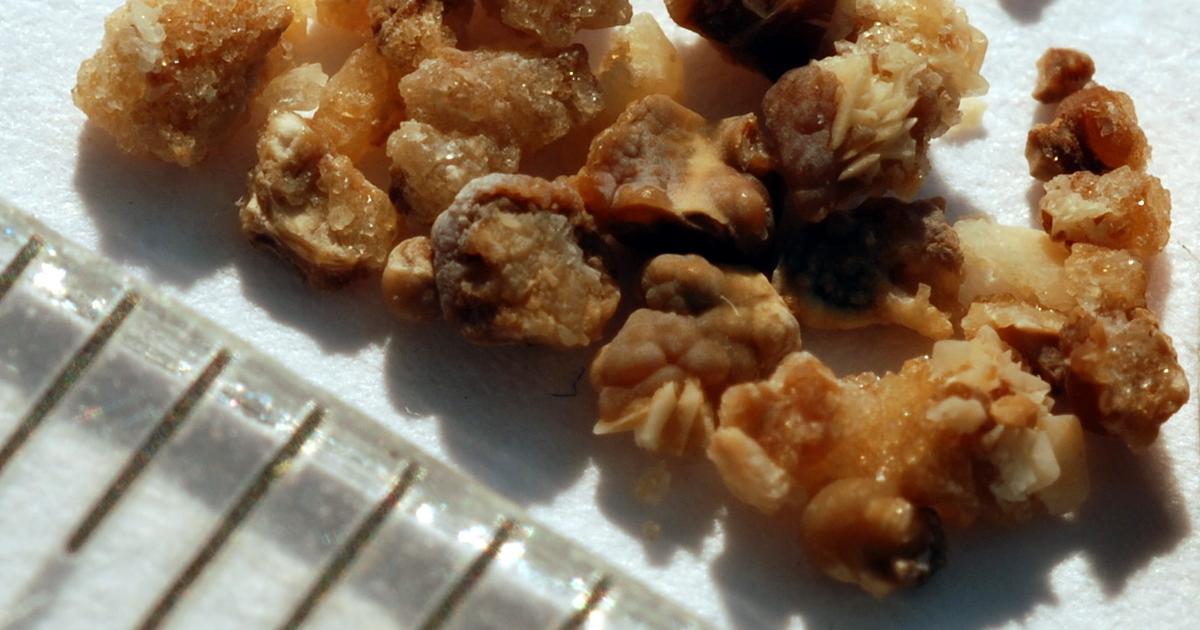What Causes Pain In The Lower Left Abdomen?
Kidney Stones

Kidney stones are mineral and salt deposits that can form inside the kidneys. They are often caused by dehydration, kidney infections, and hormonal or dietary changes. Patients with kidney stones generally experience sharp, severe pain in the abdomen, back, and sides, and they might have blood in the urine or fever as well. To detect kidney stones, doctors perform blood tests, urine tests, and an ultrasound. Some patients might be asked to have more advanced imaging studies, including an abdominal MRI scan or an intravenous pyelogram.
Some kidney stones may be small enough to pass through urination, but larger stones often require surgical procedures. Doctors may choose to perform a lithotripsy to break up kidney stones, and tunnel surgery or a ureteroscopy could be used to surgically remove the stones. Once the stones have been removed, most patients experience a significant reduction in their pain.
Menstrual Cramps

Menstrual cramps can occur at any point during menstruation, and they often vary in severity and duration. Some women may experience cramping only on the first or second day of their cycle, and others may have cramps for the majority (or all) of their menstrual period. Menstrual cramps often feel like a dull, throbbing ache, and some women experience stabbing pain with cramps as well. Cramps can cause pain in the abdomen and thighs. To relieve the pain of menstrual cramps, doctors suggest applying a heating pad to the thighs and lower abdomen.
Taking ibuprofen or another nonsteroidal anti-inflammatory medication may help, and natural remedies such as thyme and primrose oil are beneficial for certain patients. Taking a short walk or engaging in other gentle exercises such as yoga could ease menstrual cramps, and eating a low-sugar diet is believed to reduce cramping overall. If menstrual cramps are severe or last more than two or three days, patients should see their primary care doctor for an assessment, and any case of new or severe pain in the lower abdomen should be evaluated promptly. Doctors may need to perform ultrasounds or other imaging studies to check for fibroids or underlying conditions such as endometriosis.
